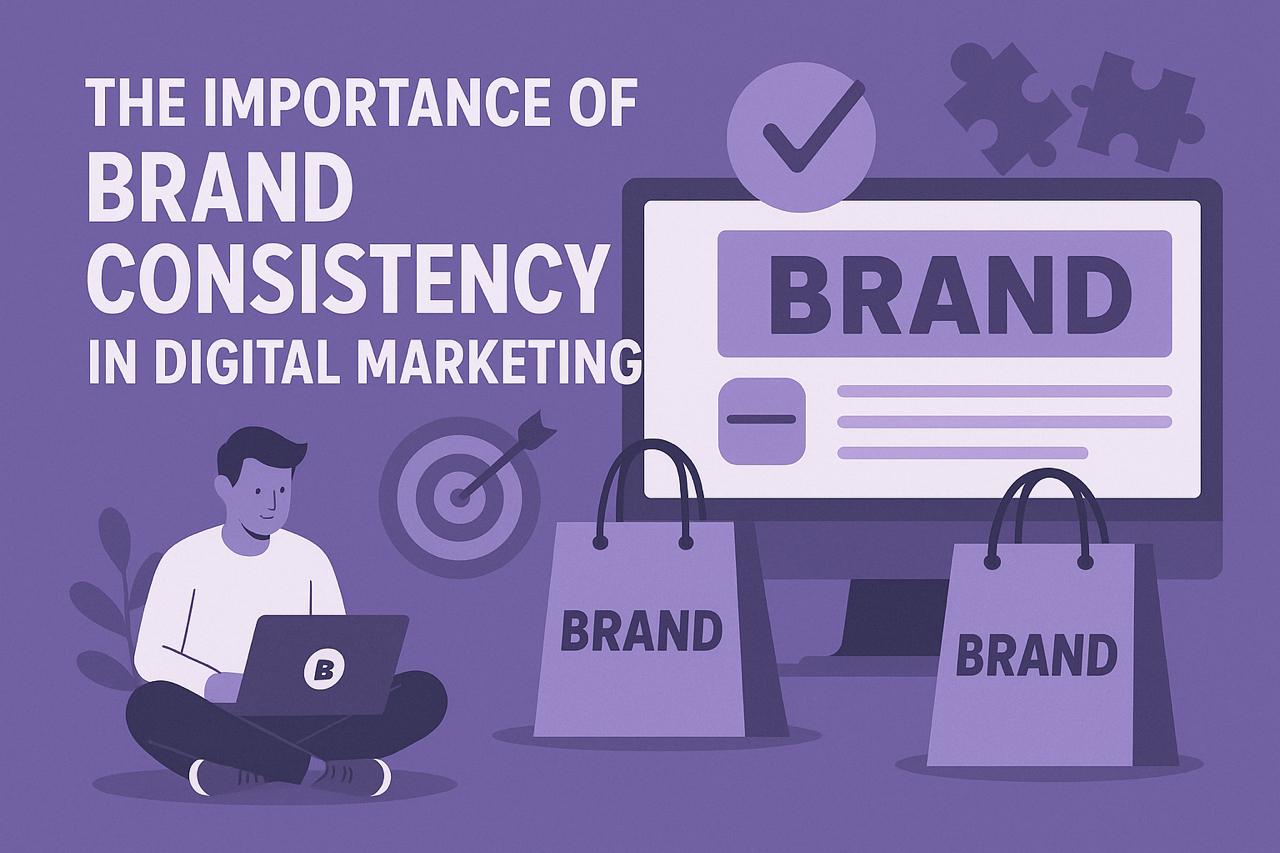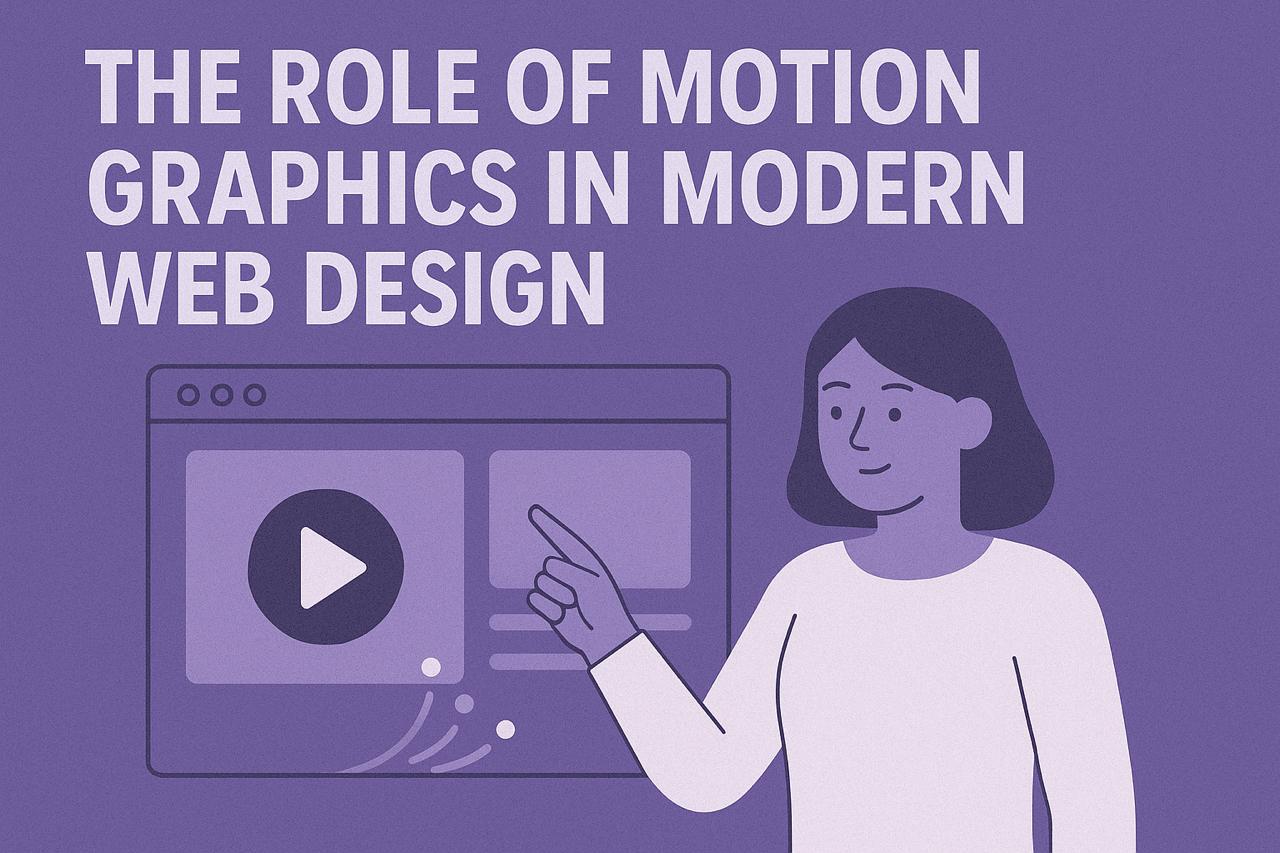The Importance of Brand Consistency Across Marketing Channels

The Importance of Brand Consistency Across Marketing Channels
Explore why maintaining consistent brand messaging and visuals across all marketing channels is crucial for building trust and recognition.
Why Brand Consistency Matters More Than Ever
In today's fragmented media landscape, consumers encounter brands across an ever-expanding array of touchpoints—from websites and social media to packaging and physical spaces. This proliferation of channels creates both opportunities and challenges for brands seeking to build meaningful connections with their audiences.
At Geique Tech, we've observed that the most successful brands maintain remarkable consistency across all these touchpoints while adapting appropriately to each channel's unique characteristics. This article explores why consistency matters and how to achieve it effectively.
The Business Case for Brand Consistency
Brand consistency isn't just about aesthetics—it delivers tangible business benefits:
- Increased recognition: Consistent presentation can increase revenue by up to 23% (Lucidpress, 2019)
- Enhanced trust: Predictable experiences build credibility and reliability
- Improved message clarity: Consistent messaging prevents confusion about what your brand stands for
- Greater efficiency: Clear guidelines reduce time spent on decision-making and revisions
- Stronger differentiation: Consistency helps establish distinctive brand assets that set you apart
"Consistency doesn't mean rigidity. The best brands maintain their core identity while adapting thoughtfully to different contexts and channels."
Key Elements of Brand Consistency
1. Visual Consistency
Visual elements create immediate recognition and should remain consistent across channels:
- Logo usage: Consistent placement, sizing, and clear space requirements
- Color palette: Precise color specifications and usage guidelines
- Typography: Defined font hierarchy and consistent application
- Imagery style: Cohesive approach to photography, illustration, and graphics
- Layout principles: Consistent grid systems and composition approaches
2. Verbal Consistency
How your brand communicates is equally important:
- Tone of voice: Consistent personality in all communications
- Messaging hierarchy: Clear prioritization of key messages
- Terminology: Standardized product names and descriptors
- Brand story: Consistent narrative about your purpose and values
3. Experiential Consistency
Beyond visuals and words, consider how your brand experience feels:
- Customer service approach: Consistent quality and style of interactions
- User experience patterns: Familiar interactions across digital properties
- Environmental design: Cohesive approach to physical spaces
Consistency Across Different Marketing Channels
Digital Channels
Digital platforms each have unique requirements while still demanding brand consistency:
- Website: The definitive expression of your brand, establishing baseline standards
- Social media: Adapted to each platform while maintaining core brand elements
- Email marketing: Consistent templates that reinforce brand recognition
- Digital advertising: Instantly recognizable even at small sizes or brief exposures
Traditional Channels
Physical touchpoints remain crucial for many brands:
- Print materials: Consistent application of brand elements across all collateral
- Packaging: Cohesive family look with appropriate product differentiation
- Environmental/retail: Translating brand identity to three-dimensional spaces
- Traditional advertising: Maintaining recognition across various formats
Tools for Maintaining Brand Consistency
Comprehensive Brand Guidelines
Effective brand guidelines should include:
- Brand strategy foundation (purpose, positioning, personality)
- Detailed specifications for all brand elements
- Clear usage rules and examples
- Channel-specific applications and considerations
- Do's and don'ts with visual examples
Digital Asset Management
Centralized systems ensure teams access the correct assets:
- Single source of truth for all approved brand assets
- Version control to prevent use of outdated materials
- Organized structure for easy asset location
- Permission settings to maintain integrity
Templates and Systems
Pre-built frameworks promote consistency while enabling efficient creation:
- Document and presentation templates
- Email and social media frameworks
- Design systems for digital products
- Modular content systems
Balancing Consistency with Channel Optimization
Effective brand application requires balancing consistency with appropriate channel adaptation:
Consistent Core, Flexible Expression
We recommend identifying:
- Non-negotiable elements that must remain consistent everywhere
- Flexible elements that can adapt to channel requirements
- Channel-specific considerations that acknowledge platform differences
Governance Models
Clear processes help maintain consistency across teams:
- Defined approval workflows for brand applications
- Regular brand audits to assess consistency
- Training programs to build brand understanding
- Clear ownership of brand standards
Case Study: Multichannel Consistency
For a recent retail client, we developed a comprehensive consistency strategy that:
- Established clear visual recognition across 12 different marketing channels
- Created channel-specific guidelines acknowledging unique requirements
- Implemented a modular content system allowing efficient creation while maintaining consistency
- Developed a centralized asset management system accessible to all teams and partners
The result was a 34% increase in brand recognition metrics and significantly improved marketing efficiency.
Conclusion: Consistency as Competitive Advantage
In an increasingly fragmented media landscape, brand consistency has become a significant competitive advantage. Brands that maintain coherent experiences across all touchpoints build stronger recognition, deeper trust, and more meaningful connections with their audiences.
At Geique Tech, we help brands develop and implement consistency strategies that balance clear standards with appropriate flexibility, creating recognizable and resonant experiences across all channels.
Related Articles
Enjoyed this article?
Subscribe to our newsletter for more insights on design and technology.

